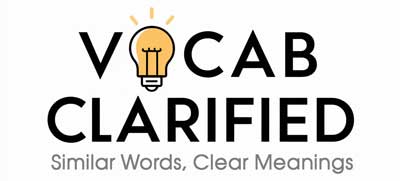Have you ever found yourself pausing to consider whether to write “of course” or “off course”? These phrases sound nearly identical, yet their meanings and usage are distinctly different.
In this article, we’ll delve into the correct usage of each term, explore common mistakes, and provide tips on how to choose the right phrase for your writing.
Understanding Of Course And Off Course
Of Course: Definition And Usage
“Of course” is a common phrase in English used to affirm something that is obvious or expected. It can be used in both formal and informal contexts, often implying that the speaker finds the information or request self-evident or natural.
Examples:
- “Of course, you can borrow my car.”
- “Is it going to rain today? Of course, it is—it’s been cloudy all day.”
Off Course: Definition And Usage
“Off course,” on the other hand, is used in a completely different context. It refers to something or someone deviating from the intended path or direction.
This phrase is often used in navigation, travel, or metaphorically to describe situations where someone has strayed from their intended goal.
Examples:
- “The ship went off course due to the storm.”
- “His career plans went off course after the company downsized.”
Side-by-Side Comparison
| Aspect | Of Course | Off Course |
| Definition | Used to express affirmation or something obvious | Refers to deviating from a path |
| Common Usage | “Of course, I’ll help you with that.” | “The pilot noticed they were off course.” |
| Key Differences | Implies something is expected or understood | Describes deviation or error in direction |
When deciding between “of course” and “off course,” context is key. If you want to confirm or affirm something, “of course” is the correct choice. However, if you’re describing a deviation from a path or plan, “off course” is appropriate.
Everyday Usage Examples
Here are some examples to help you see how “of course” and “off course” are used in everyday language:
- Of Course in Conversation:
- “Are you coming to the meeting? Of course, I wouldn’t miss it!”
- Off Course in Navigation:
- “The plane was slightly off course, but the pilot corrected it in time.”
These examples demonstrate how each phrase fits into different contexts, helping you choose the right one for your writing.
Conclusion
In conclusion, while “of course” and “off course” may sound alike, their meanings are distinctly different. “Of course” is used to affirm something obvious, while “off course” indicates a deviation from a planned path.
By understanding the nuances between these phrases, you can ensure your writing is clear and accurate.

